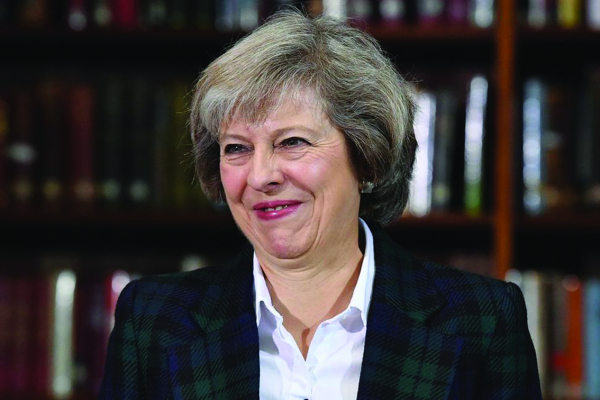
THE fall of former President Robert Mugabe could unlock a world of opportunities for Zimbabwean sport particularly cricket, whose passage had been clogged by the 93-year-old’s strained relations with Britain.
BY KEVIN MAPASURE
Due to the soured relations between Mugabe’s government and Britain, Zimbabwean cricket suffered the most particularly when the England national cricket team was banned by its government from touring Zimbabwe.
Britain cut its cricket ties with Zimbabwe in 2009 and there have been efforts to restore relations, which, however, have been moving at a snail’s pace.
The resignation of Mugabe, who was subjected to pressure to step down following threats of impeachment, could speed up the process.
Cricket became a playing field when relations between Mugabe’s government and the United Kingdom hit an all-time low in the 2000s.
England chose to boycott their 2003 Cricket World Cup fixture against Zimbabwe which had been set for Harare Sports Club and forfeited points in protest at Mugabe’s rule.
The same year, anti-Mugabe protesters were arrested for invading the pitch during a Test between the two sides at Lord’s.
- Chamisa under fire over US$120K donation
- Mavhunga puts DeMbare into Chibuku quarterfinals
- Pension funds bet on Cabora Bassa oilfields
- Councils defy govt fire tender directive
Keep Reading
England travelled to Zimbabwe for a one-day international series in 2004, but were under pressure to cancel Zimbabwe’s 2009 tour of England before the government intervened in June 2008 to suspend cricketing ties.
Zimbabwe then withdrew from 2009’s England-hosted ICC World Twenty20. While they have featured in the same ICC global events since then — without meeting directly — the sides have not played against each other since 2007.
Following Mugabe’s resignation, there is renewed hope that cricket ties could finally resume.
Zimbabwe Cricket (ZC) has been denied the huge amounts of cash that come with hosting England.
Since England suspended trips to Zimbabwe, ZC has been struggling financially.
And after Mugabe, who was ZC patron, finally stepped down after 37 years in power, British Prime Minister Theresa May said that her country was ready to co-operate with Zimbabwe.
“The resignation of Robert Mugabe provides Zimbabwe with an opportunity to forge a new path free of the oppression that characterised his rule. In recent days we have seen the desire of the Zimbabwean people for free and fair elections and the opportunity to rebuild the country’s economy under a legitimate government,” May said in a short statement.
“As Zimbabwe’s oldest friend, we will do all we can to support this, working with our international and regional partners to help the country achieve the brighter future it so deserves.”
It’s not only cricket that suffered because of the strained relations between the two governments as Zimbabwe’s withdrawal from the Commonwealth also saw the country losing its place at the Commonwealth Games.
Zimbabwe last participated at the Commonwealth Games in 2002 where swimming icon Kirsty Coventry made her first international mark after she claimed gold in the 200 metres individual medley.
Rowing also suffered under Mugabe’s rule after his wife Grace claimed the Mazowe Dam and banned anyone from any activity there.
Rowers had been using the facility for many years and had seek an alternative after Grace had privatised the public dam.
Grace claimed vast tracts of land in Mazowe where she built a school and also planned to set up a university in honour of her husband.
She then went further and claimed Mazowe Dam, leaving rowing stranded and stunned.







